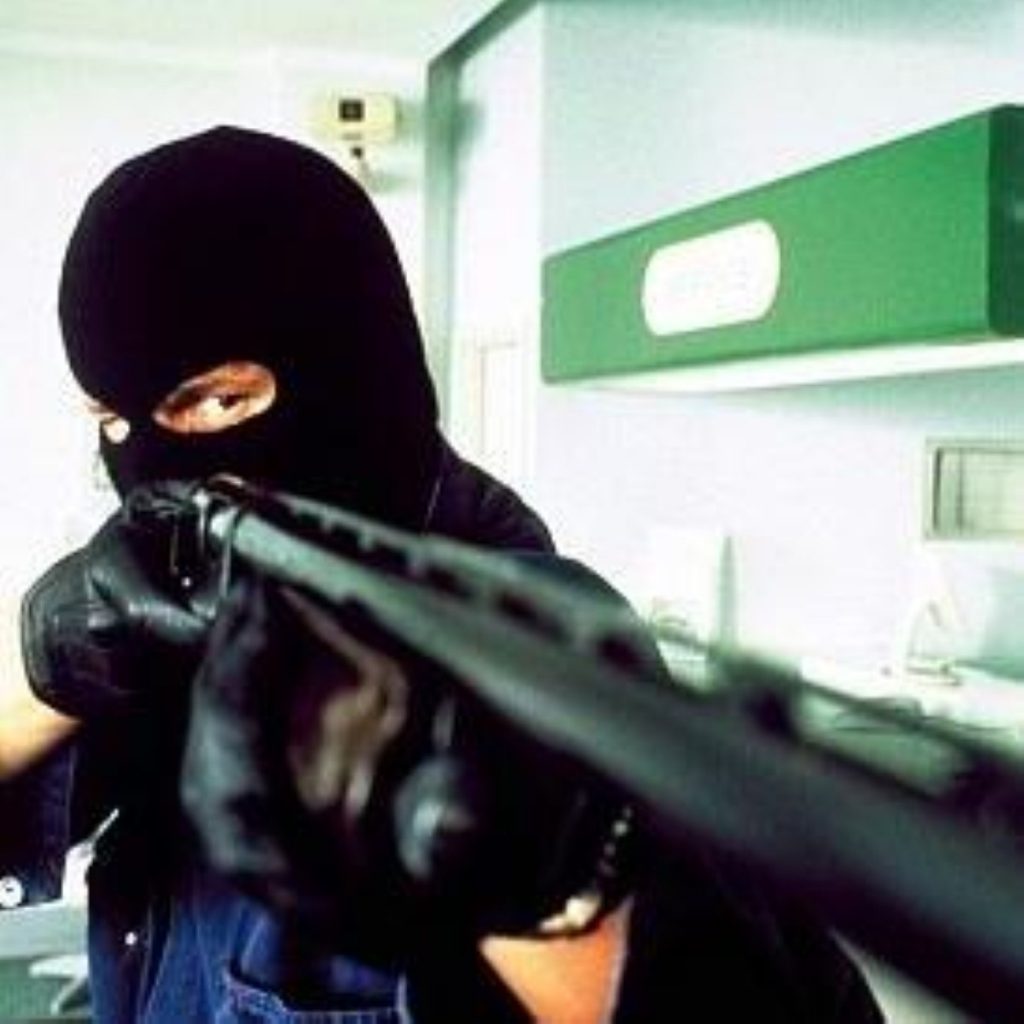Tough new powers to tackle organised crime
Gangsters engaged in drug dealing, people trafficking or fraud could be placed under curfew or have their movements restricted under tough new powers unveiled today.
A new government bill proposes the creation of serious crime prevention orders, which could be imposed on people either convicted or believed to be involved in serious crime, which includes smuggling, trafficking, money laundering and corruption.
The orders would operate in a similar way to control orders already imposed on terror suspects, and would allow the high court to impose restrictions on an individual or organisations’ business dealings, travel, association or their use of the internet or phone.
Breaching the order, which can only be applied for by the director of public prosecutions, the director of HM Revenue and Customs prosecutions or the director of the Serious Fraud Office (SFO), could result in an automatic jail term of up to one year.


The serious crime bill would also create new offences of encouraging or assisting an offence, or of intending to encourage or assist an offence, and allow authorities to share certain information with anti-fraud organisations if it would prevent crime.
In addition, the legislation would abolish the Assets Recovery Agency (ARA), set up three years ago by Tony Blair to make sure “crime doesn’t pay”, and transfer its responsibilities to the Serious and Organised Crime Agency (Soca).
Writing in the News of the World at the weekend, home secretary John Reid said: “These ruthless criminals prey on innocent people and will stop at nothing to create a life of luxury for themselves while destroying the lives of hard-working people.
“The government is determined to stamp out the menace of serious crime and protect the country from the misery it causes in our communities.”
Home Office minister Vernon Coaker said today that the new measures focused on “critical aspects such as detecting, disrupting and preventing serious crime”.
“We are committed to providing the best possible tools for our law enforcement agencies to ensure they stay one step ahead of those who commit serious crime and these tough new measures will strengthen their ability to crack down on criminals and disrupt their operations,” he said.
However, the Conservatives expressed scepticism about whether the new measures would work, given that orders imposed on terror suspects have so far failed to stop three people going missing, and given the high breach rate of anti-social behaviour orders (Asbos).
Shadow home secretary David Davis said: “If up to 60 per cent of tearaways breach Asbos, what makes John Reid think an organised criminal will pay attention to one?”
He added: “We think the government would be well advised to answer our call to allow the use of phone tapping and other electronic surveillance to be admissible in court so more of these serious criminals can be charged and convicted.”
Human rights group Liberty also expressed concern that the new powers could be imposed on people who have not yet committed a crime. Policy officer Jago Russell said: “We used to believe in hard evidence and fair trials in this country.”
Read more reaction to the bill at issue of the day.









